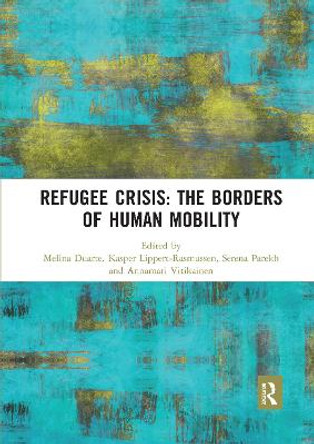Description
Conceptualizing how digital artifacts can function as a frontier mediated by technology in the geographical, physical, sensory, visual, discursive, and imaginary, this volume offers an interdisciplinary analysis of digital material circulating online in a way that creates a digital dimension of the Mexico-U.S. border.
In the context of a world where digital media has helped to shape geopolitical borders and impacted human mobility in positive and negative ways, the book explores new modes of expression in which identification, memory, representation, persuasion, and meaning-making are created, experienced, and or circulated through digital technologies. An interdisciplinary team of scholars look at how quick communications bring closer transnational families and how online resources can be helpful for migrants, but also how digital media can serve to control and reinforce borders via digital technology used to create a system of political control that reinforces stereotypes. The book deconstructs digital artifacts such as digital press, social media, digital archives, web platforms, technological and artistic creations, visual arts, video games, and artificial intelligence to help us understand the anti-immigrant and dehumanizing discourse of control, as well as the ways migrants create vernacular narratives as digital activism to break the stereotypes that afflict them.
This timely and insightful volume will interest scholars and students of digital media, communication studies, journalism, migration and politics
About the Author
Rubria Rocha de Luna is a Postdoctoral Researcher in the Digital Humanities Research Group, School of Humanities and Education at Tecnologico de Monterrey, Mexico
Maricruz Castro Ricalde is the Digital Humanities co-Leader in the School of Humanities and Education at Tecnologico de Monterrey, Mexico
Book Information
ISBN 9781032856544
Author Rubria Rocha de Luna
Format Hardback
Page Count 280
Imprint Routledge
Publisher Taylor & Francis Ltd







